
Have a question? Call now! +1 646 810 8764

Welcome to Luxury Lifestyle Awards!
Would you like to talk to one of our award managers about nomination of your company?
Our team is happy to help with any questions you may have.
Call: +1 646 810 8764 Send Email Live Chat Contact Us29.10.2025
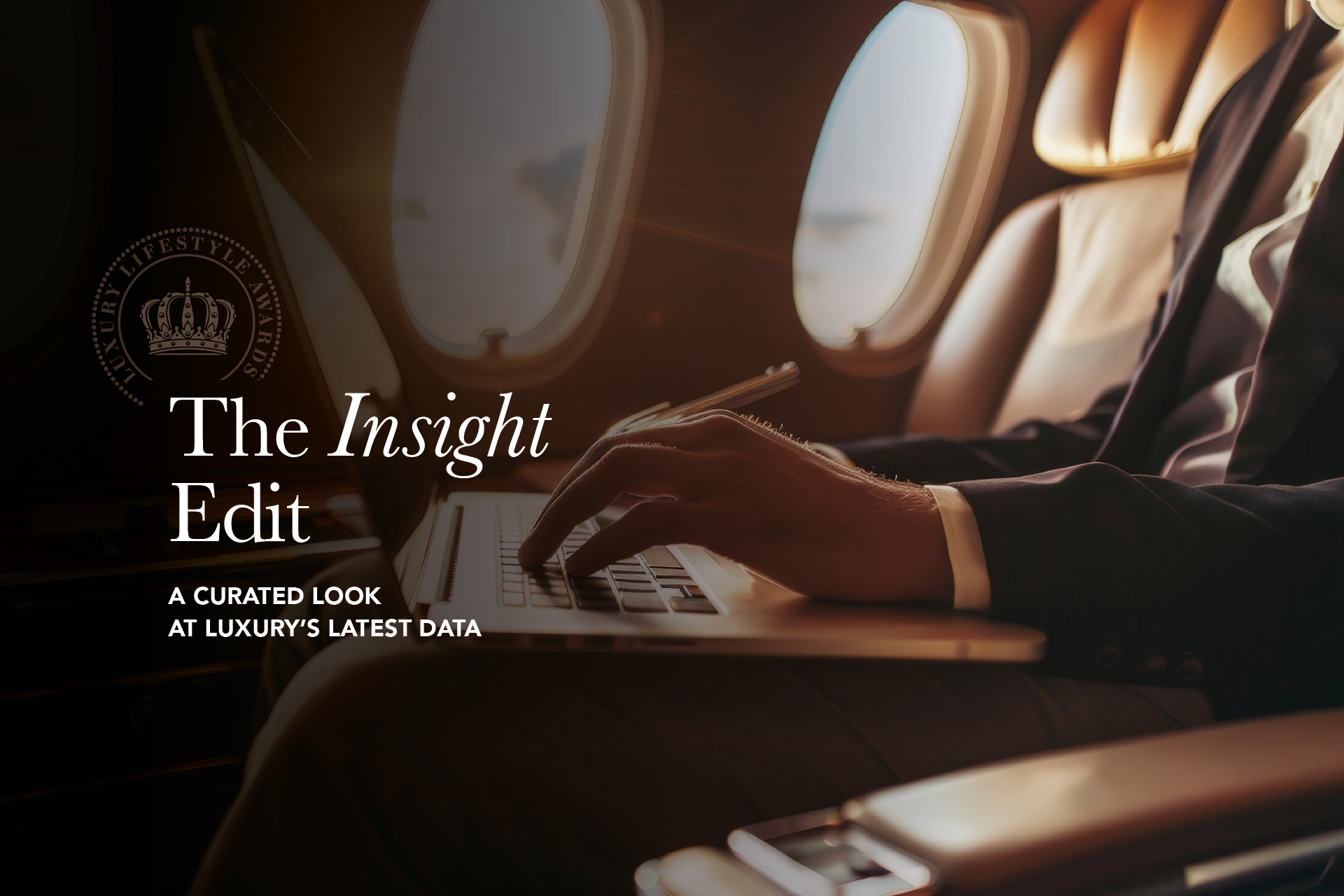
Understanding where the luxury industry stands today is essential for anyone looking to stay ahead. In this blog, we present a curated selection by Luxury Lifestyle Awards, featuring the most insightful and up-to-date reports gathered by the World Luxury Chamber of Commerce (WLCC). Drawing from renowned sources like McKinsey, Christie’s, Knight Frank, and Vogue Business, these insights span beauty, real estate, aviation, watchmaking, wealth, travel, AI, and technology, offering a snapshot of a world where timeless craftsmanship meets modern ingenuity, and purpose leads the next chapter of luxury.
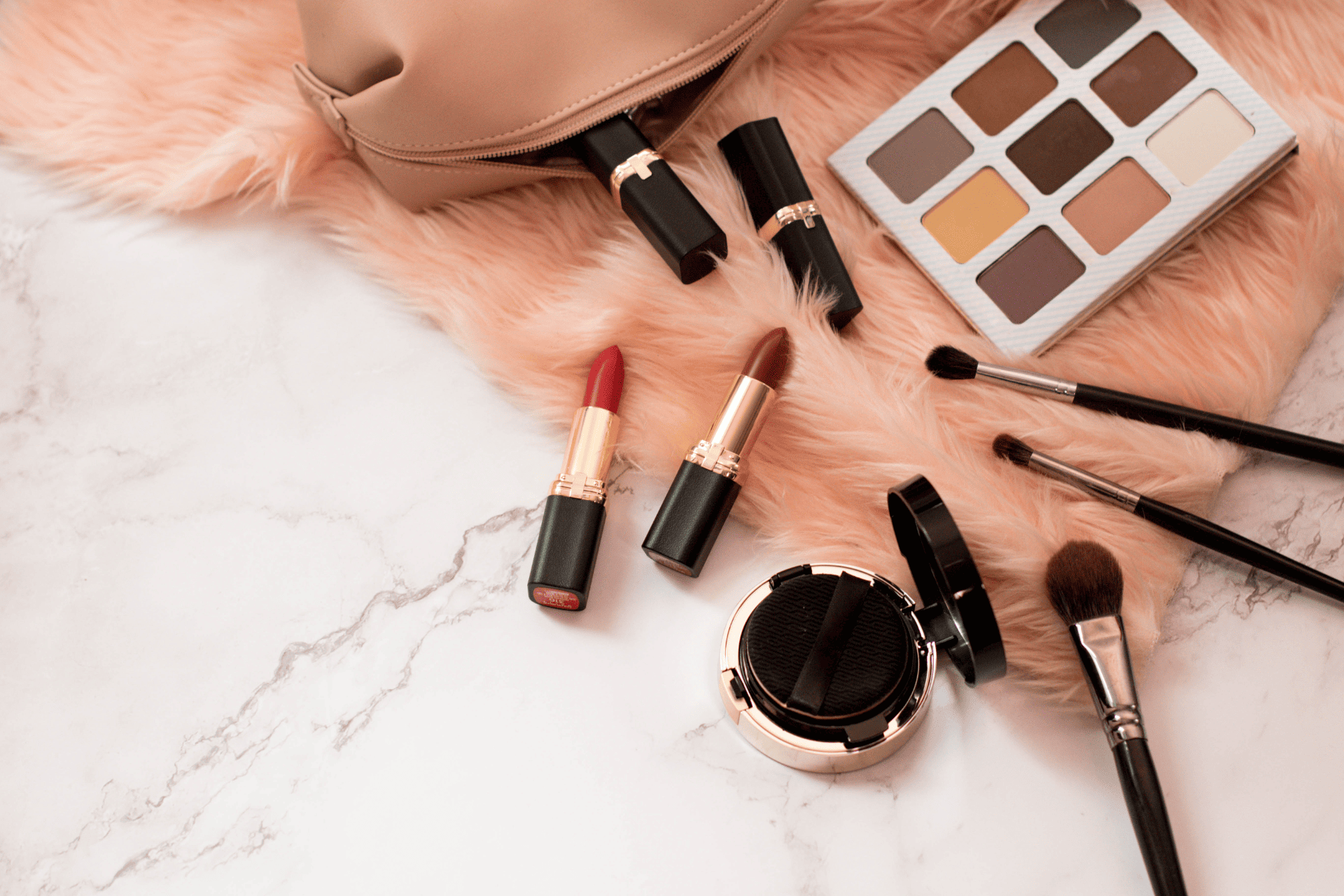
Beauty is no longer a simple equation of prestige and price, it’s a complex, evolving landscape. The State of Fashion: Beauty, Volume 2 (2025) highlights a $441 billion market growing steadily at 5% annually, with fragrance and haircare leading the charge. Shifting demographics, economic pressures, and diverse consumer expectations are redefining value, favoring efficacy, storytelling, and cultural relevance. Global brands must balance exclusivity with accessibility, innovate with wellness-aligned products, and leverage retail and digital channels intelligently. In this selective growth environment, authenticity, originality, and measurable results are the currency of success for beauty’s future.
Explore the full summary to understand the trends shaping beauty: https://worldluxurychamber.com/state-of-fashion-beauty-report-2025/
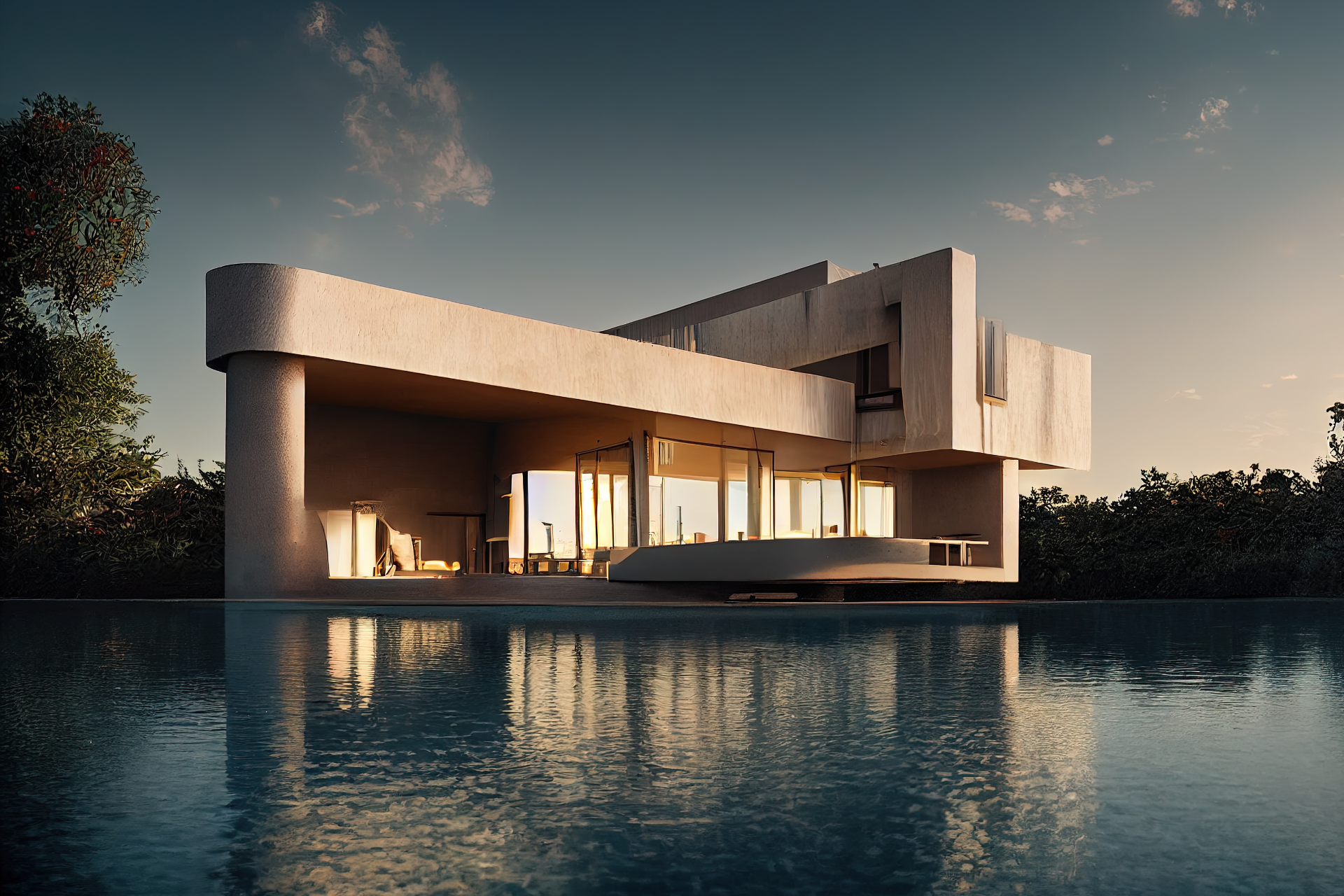
It is no longer just about space or location; it’s about story, sustainability, and security when it comes to real estate. Christie’s 2025 Global Luxury Real Estate Forecast uncovers the evolution of high-end markets from New York and Miami to Dubai and emerging hotspots like Perth and Sofia. Buyers now favor historic character, biophilic design, wellness amenities, and advanced security. Climate resilience and eco-conscious construction are reshaping property expectations, while bespoke features, from car galleries to infrared saunas, reflect personalized lifestyles. For HNWIs, the future of luxury homes blends innovation, heritage, and purpose, defining a new standard in global real estate.
See how sustainability, security, and innovation are reshaping luxury real estate in 2025: https://worldluxurychamber.com/2025-luxury-real-estate-market-snapshot-key-insights-and-predictions-by-christies-international-real-estate/
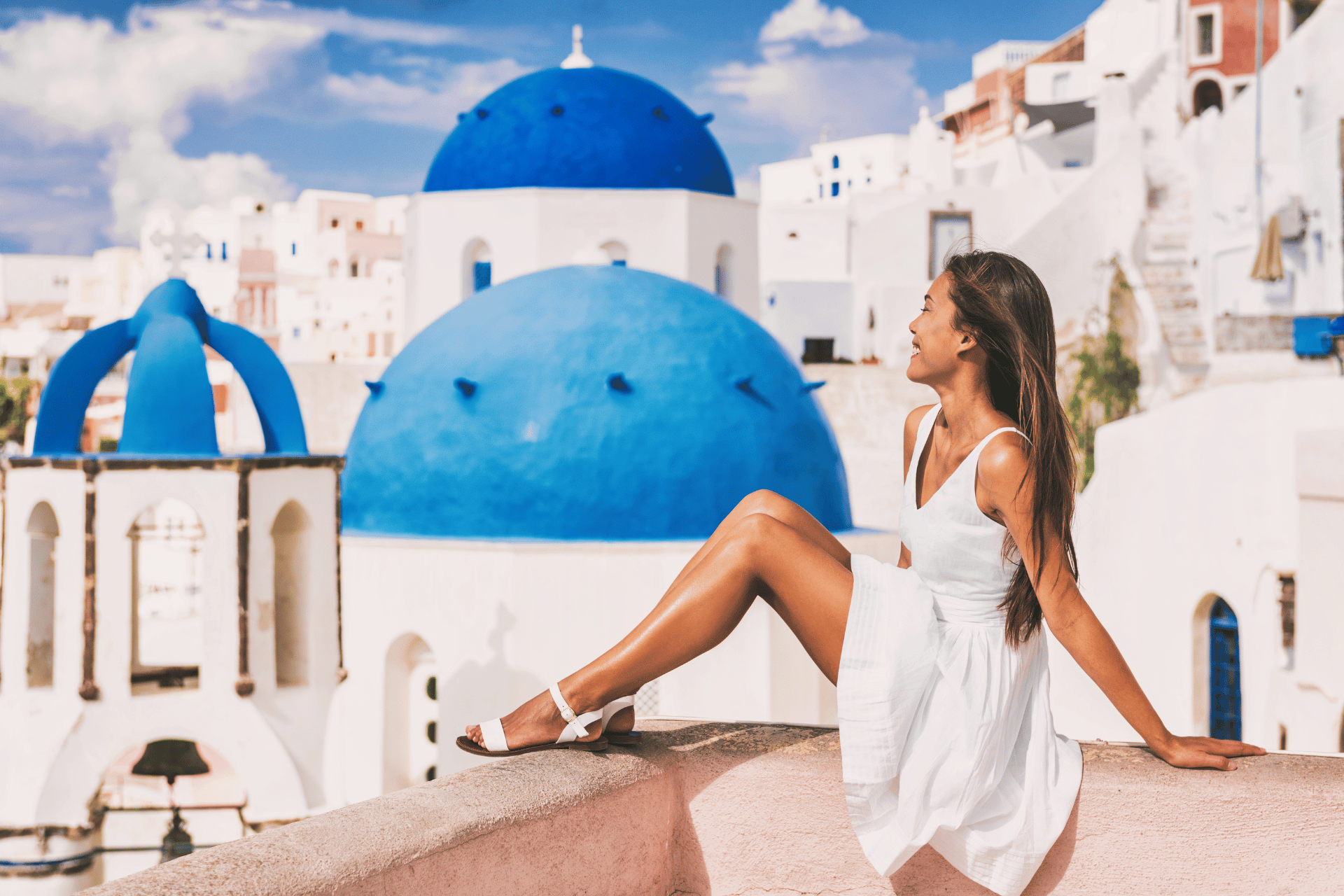
Experiences surpass possessions, and that is what The 2025 Travel Industry Outlook by Deloitte reveals. There is a strong demand driven by high-net-worth millennials, mobile work trends, and rising lifestyle prioritization, despite affordability barriers. Generative AI is transforming bookings, personalization, and predictive service, yet human interaction remains essential for premium experiences. The report highlights a generational pivot, where hyper-personalized journeys, digital convenience, and bespoke service converge. For leaders in luxury hospitality and travel, understanding these dynamics is key to capturing opportunity, enhancing guest satisfaction, and strategically navigating a post-pandemic, tech-enabled market landscape.
Explore trends shaping luxury travel and AI integration: https://worldluxurychamber.com/2025-luxury-travel-outlook-deloitte/

Artificial intelligence is changing luxury, transforming how brands operate, create, and connect with consumers. Evolve or Fade Away: Enriching Luxury Heritage in the AI Era highlights AI’s potential to enhance creativity, streamline operations, and deliver hyper-personalized experiences while respecting brand heritage. Generative AI fuels design innovation, predictive analytics optimize inventory, and client insights enable one-to-one recommendations. Emerging markets like India, Brazil, and South Korea are gaining importance, and responsible adoption, aligned with EU regulations and sustainability goals, is critical. Luxury brands that integrate AI strategically will strengthen customer loyalty, operational efficiency, and market relevance in a rapidly evolving global landscape.
Discover how AI is revolutionizing luxury brands and experiences: https://worldluxurychamber.com/ai-shaping-future-luxury/
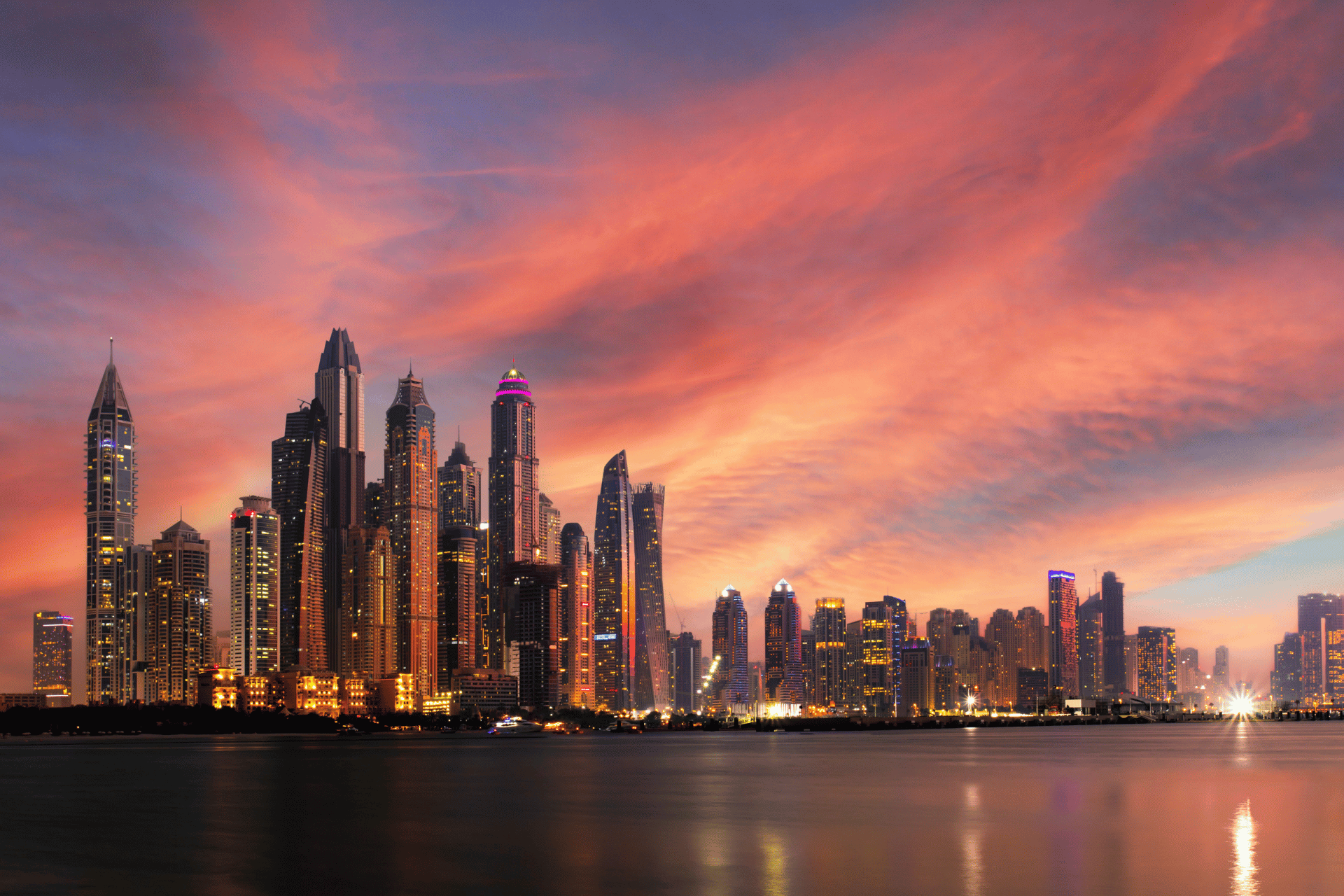
Wealth is evolving as younger investors, shifting demographics, and global uncertainties reshape priorities. The Wealth Report 2025 highlights that 44% of family offices plan to increase real estate exposure, driven by housing shortages, constrained supply, and strong rental growth. The U.S. remains the largest wealth hub, while Africa and Asia emerge as high-growth regions. Investors now value health, purpose, and flexibility alongside traditional assets, with real estate outperforming collectibles. Urban mobility, remote work, and policy changes are influencing property markets. The report underscores the enduring influence of private capital and the strategic role of real estate in wealth preservation and growth.
Read the full summary to explore global wealth trends, investment strategies, and emerging opportunities: https://worldluxurychamber.com/wealth-report-2025-knight-frank-insights/
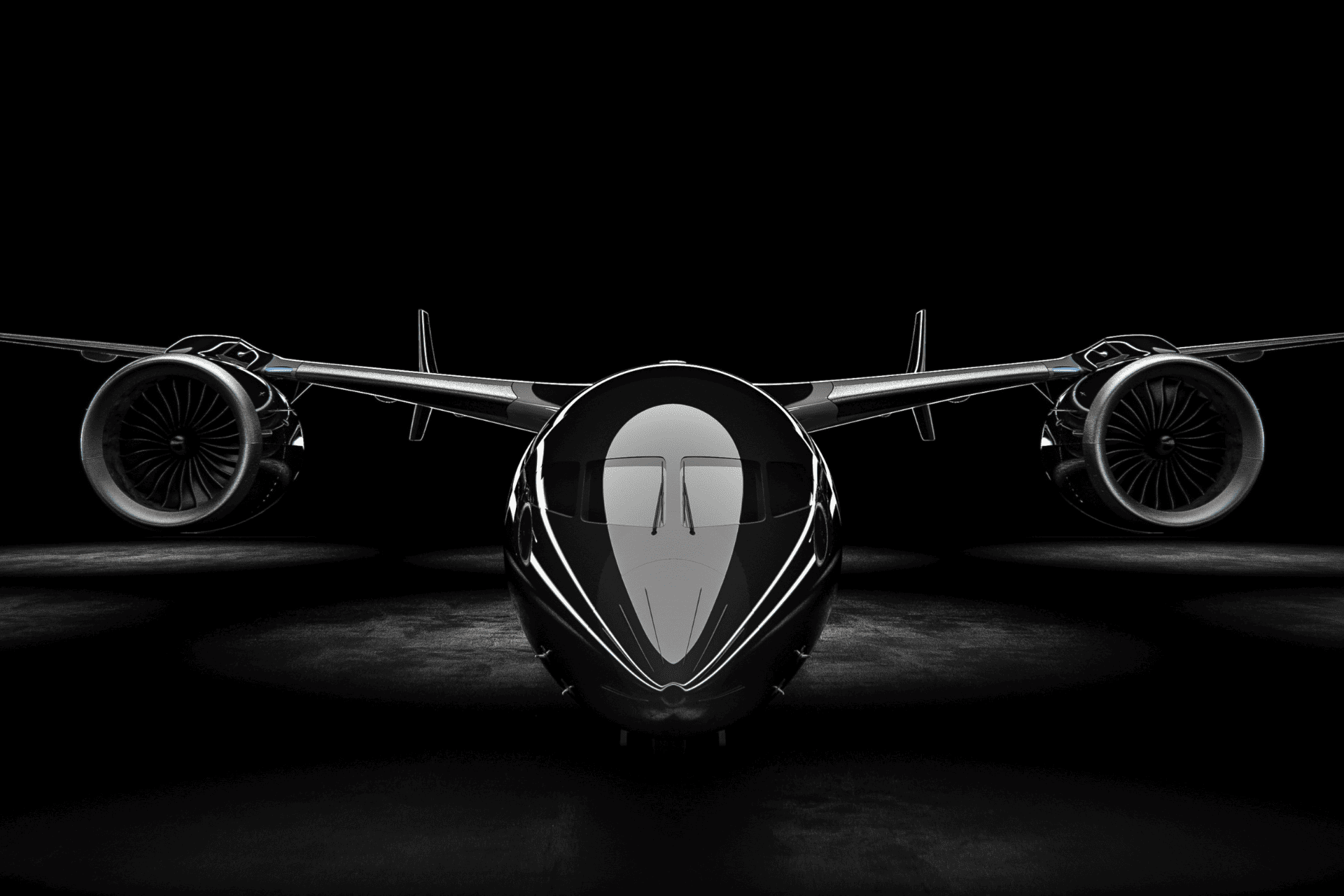
The pre-owned business jet market is soaring, driven by younger, tech-savvy buyers and a growing female clientele. Jetcraft’s Ever Forward 2025 report forecasts 11,202 transactions worth $73.9 billion through 2029, highlighting strong demand for large-cabin jets and expanding midsize/light aircraft segments. U.S. dominance continues, while Asia-Pacific, the Middle East, and Africa show rapid growth. Market stability, healthier inventory, and demographic shifts are reshaping ownership patterns. The report underscores the importance of strategic engagement with emerging buyers, regional dynamics, and modern aircraft preferences. Luxury aviation is evolving into a globally diversified, sustainable, and opportunity-rich sector.
Access the summary report for insights into demographics, regional growth, and market strategies in luxury aviation: https://worldluxurychamber.com/pre-owned-business-jet-market-2025/
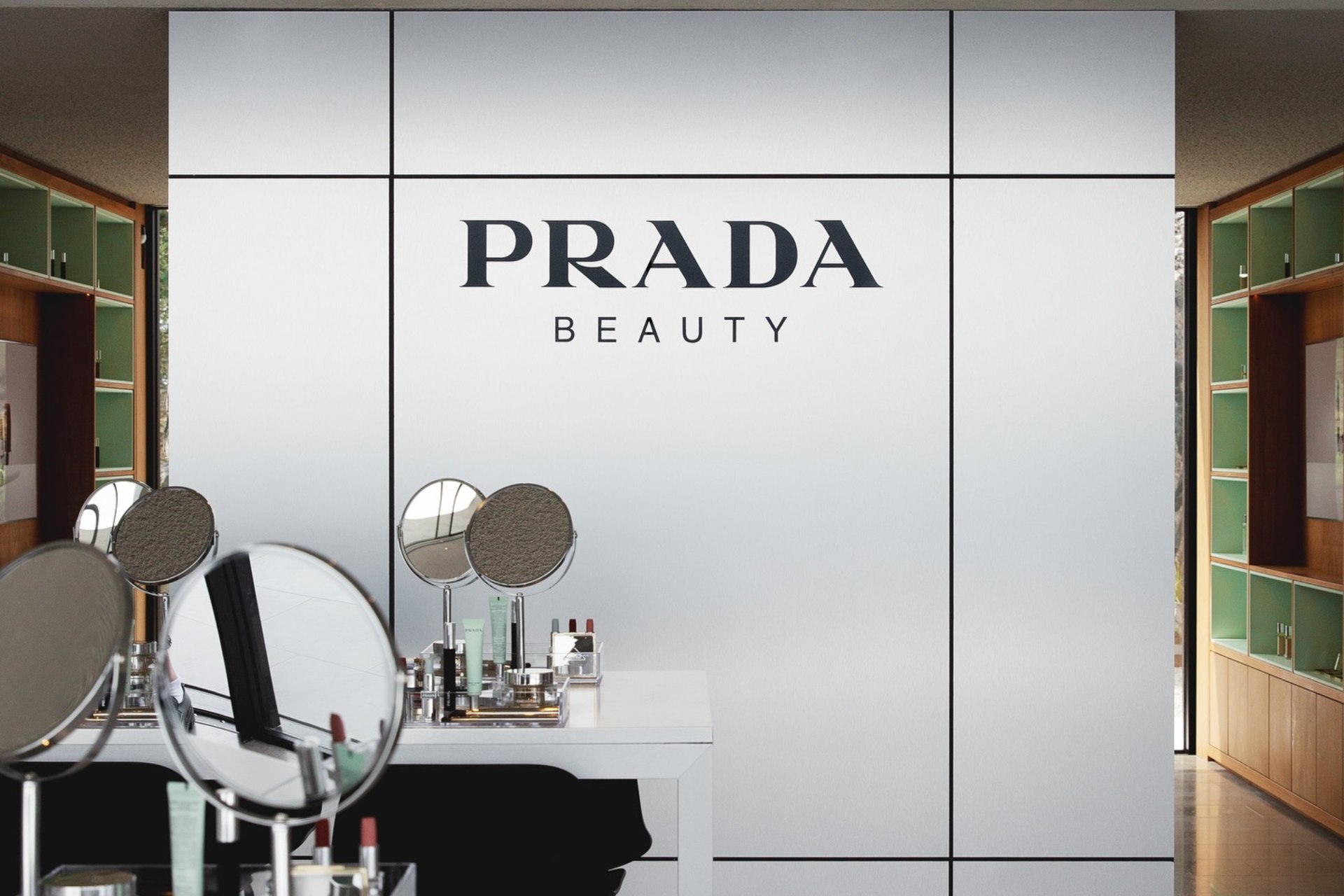
Can a fashion house extend its soul into beauty without compromise? Brand Dive: How Prada Beauty Keeps Its Brand Activated shows how Prada achieves this with design-led precision, architectural packaging, and modernist campaigns. Launched in 2023 with L’Oréal, the line integrates fragrance, skincare, and color cosmetics into the house’s identity, emphasizing clarity, structure, and innovation. Immersive digital tools, refillable formats, and experiential activations engage younger audiences, while Triple A Technology in skincare reflects performance and elegance. Prada Beauty demonstrates that luxury expansion succeeds through discipline, coherence, and alignment with core brand values.
Read the full summary to explore Prada’s deliberate and strategic beauty expansion: https://worldluxurychamber.com/prada-beauty-brand-strategy/

Travel is evolving as younger generations redefine what it means to explore in style. The Evolving Wealth 2024 report reveals that Gen Z and Millennial HNWIs prioritize immersive experiences, environmental responsibility, and digital convenience over traditional exclusivity. Global luxury hospitality, valued at $219 billion, must adapt through sustainable design, flexible spaces, and culturally rich offerings. North America, Asia-Pacific, and the Middle East are key growth regions, while brand loyalty hinges on authenticity, purpose, and personalized experiences. From eco-retreats to off-the-grid adventures, the future of luxury travel is experience-driven, globally conscious, and digitally fluent.
Read the full summary to explore how the next generation is reshaping luxury travel: https://worldluxurychamber.com/future-luxury-travel-watg-research/
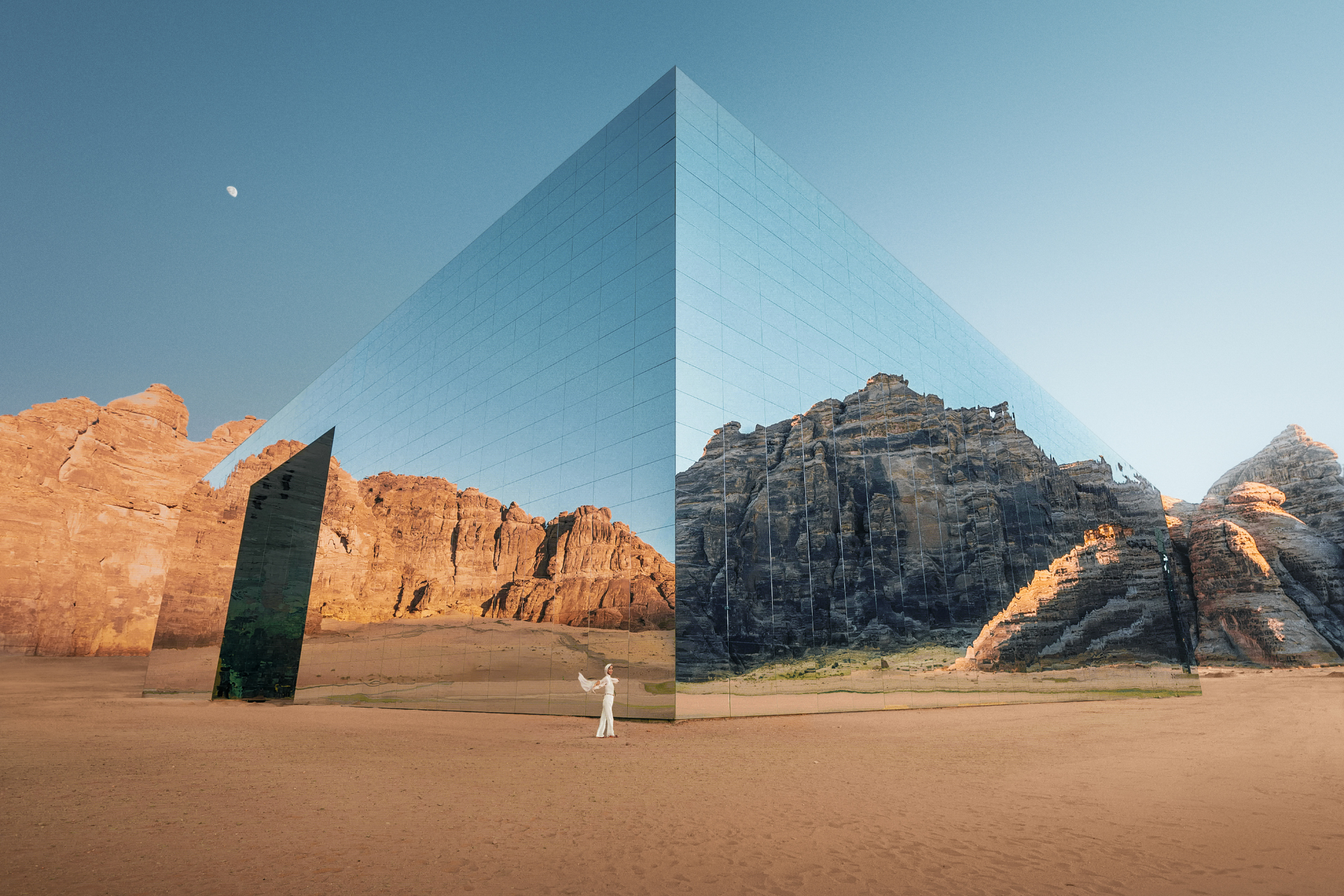
Luxury is booming in the Gulf, defying global trends. The GCC Personal Luxury 2024: Unstoppable report reveals the UAE and Saudi Arabia driving a 6% regional growth to USD 12.8 billion, powered by affluent consumers, tourism, retail expansion, and digital engagement. Fashion dominates with 43% of spending, while prestige beauty surges +17%. Watches and jewelry remain key pillars, emphasizing heritage and craftsmanship. The GCC consumer is intentional, informed, and digitally fluent, shaping a market defined by quality, authenticity, and experience. By 2027, personal luxury spending is projected to reach USD 15 billion, cementing the Gulf as a global luxury hub.
Access the full Summary report to explore why the GCC is reshaping global luxury: https://worldluxurychamber.com/gcc-personal-luxury-market-2024-growth/
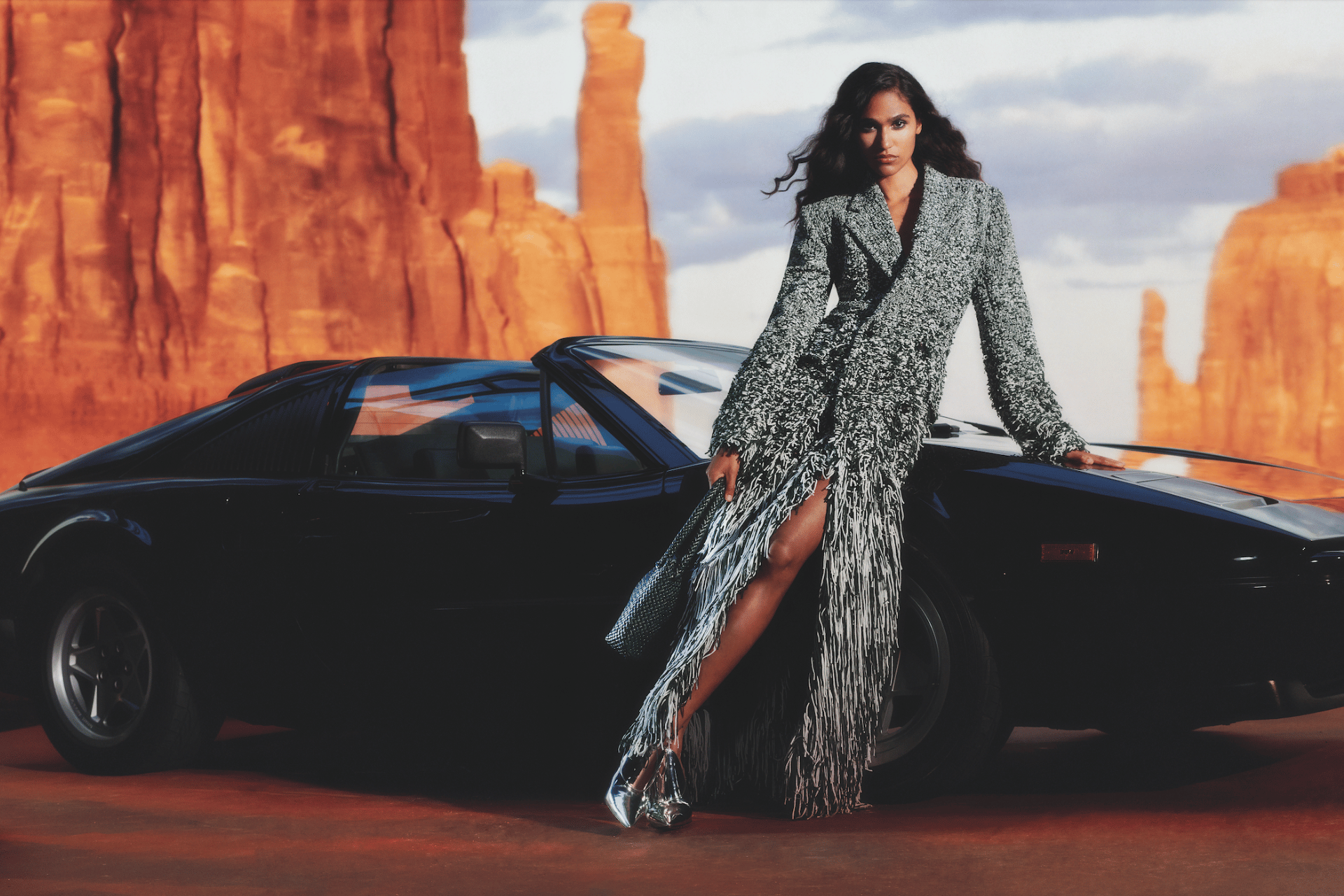
The Future Laboratory’s Five Luxury States framework offers a strategic lens into the emotional and psychological journeys that define luxury today. Spanning Acquisition, Discernment, Emotion, Responsibility, and Elevation, the framework enables brands to decode evolving consumer expectations. The report introduces new Luxury Codes and practical worksheets, helping businesses align products, services, and messaging with emerging trends. It also explores speculative scenarios 5–10 years ahead, identifying opportunities driven by cultural shifts, innovation, and responsible brand practices. By integrating these insights, luxury businesses can future-proof strategy, deepen customer engagement, and remain at the forefront of a rapidly transforming sector.
Read the full SUMMARY to discover the Five Luxury States and strategic insights for 2024–2025: https://worldluxurychamber.com/luxury-states-new-codes-of-luxury-2025-report-by-the-future-laboratory/
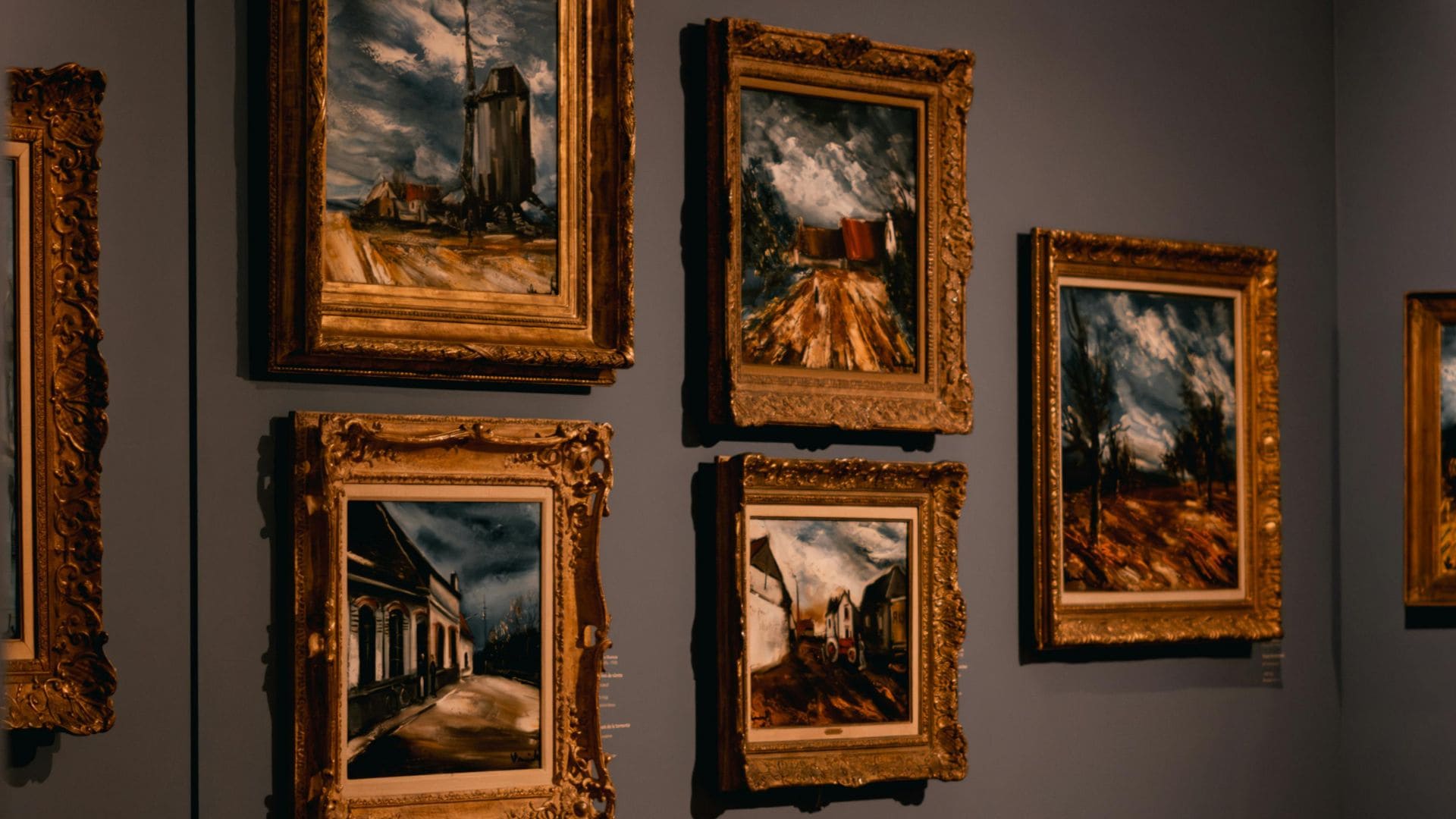
Balancing contraction at the top with growth in the mid- and lower-market segments, the global art market is navigating a period of transition. In 2024, total sales declined 12% to $57.5 billion, while transactions rose 3%, driven by agile dealers and private sales. Regional dynamics shifted, with the U.S. and U.K. showing resilience, China facing steep declines, and Japan gaining momentum. Digital platforms continue to influence buying behavior, while younger collectors prioritize sustainability, narrative, and personal alignment over status. Art fairs, private sales, and cross-channel engagement remain critical for shaping the evolving luxury collector landscape.
Explore the full Art Basel & UBS 2025 report summary to understand the evolving luxury art market: https://worldluxurychamber.com/2025-art-market-trends-luxury-collectors/
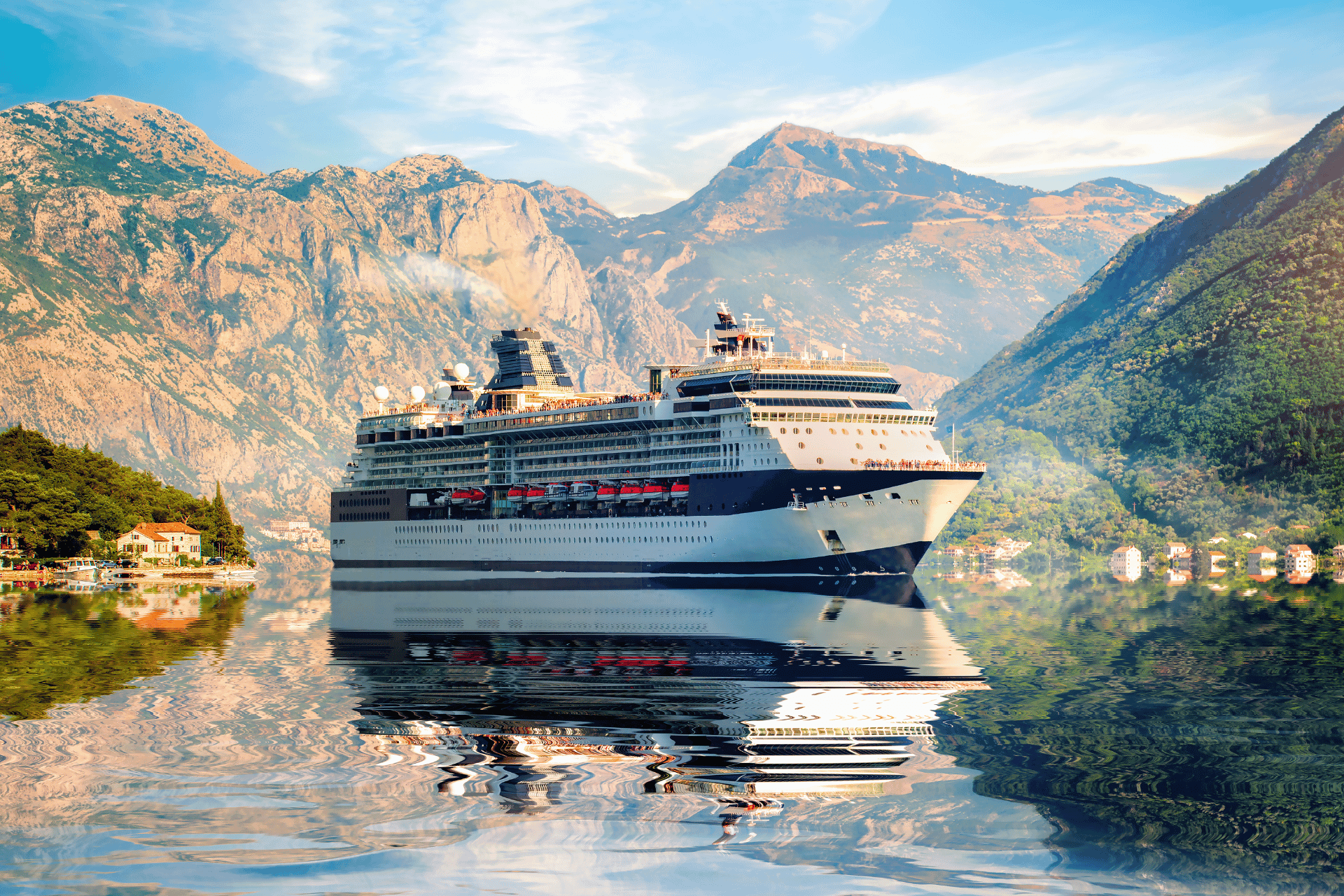
The cruise industry is navigating a new era, blending luxury, innovation, and sustainability to meet modern travelers’ expectations. With 34.6 million passengers in 2024 and projections reaching 42 million by 2028, growth is driven by younger demographics, personalized experiences, and digital engagement. Luxury and expedition cruises are expanding rapidly, supported by travel advisors and high passenger satisfaction. Sustainability is central, with investments in green technologies, alternative fuels, and net-zero initiatives. Economic contributions are substantial, supporting over 1.6 million jobs globally. Cruising is evolving as a responsible, enriching, and future-ready way to explore the world.
Set sail into the future of luxury travel, read more: https://worldluxurychamber.com/cruise-industry-report-2025/
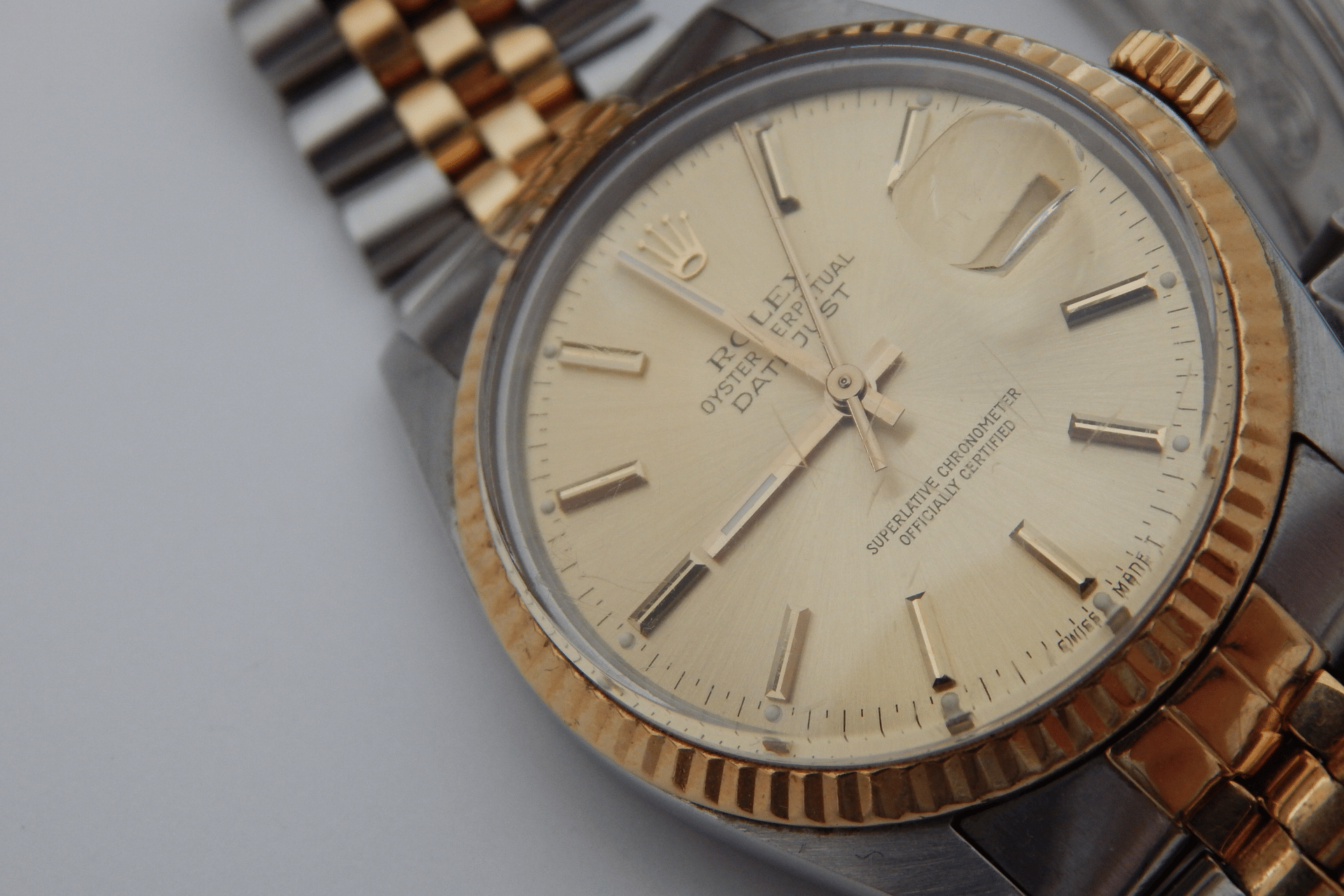
Despite global economic headwinds, the Hard Luxury sector, watches and jewelry, remained resilient in 2024, with ultra-luxury products outperforming mid-tier offerings. Digital commerce surged on platforms like WeChat, Instagram, and Douyin, while sustainability, personalization, and ethical sourcing gained prominence. The U.S. and emerging markets such as India and Southeast Asia drove growth, whereas China faced continued softness. Premiumization, digital-first engagement, and bespoke offerings are key drivers for 2025. Brands must embrace heritage while innovating digitally, focus on high-ticket items, and prioritize sustainability to capture shifting consumer expectations, maintain relevance, and capitalize on emerging opportunities.
Dive deeper into Hard Luxury trends, explore the full Trinity Asia report summary: https://worldluxurychamber.com/2025-luxury-watches-jewelry-report/

Luxury is no longer just about heritage and exclusivity; today’s consumers demand sustainability, authenticity, and transparency. Blockchain technology meets these expectations by providing verifiable product origins, anti-counterfeiting solutions, and digital personalization. Leading brands like LVMH, Richemont, Tiffany & Co., and Prada are leveraging blockchain to protect intellectual property, enable tokenized loyalty, and enhance customer experiences. Despite challenges such as high implementation costs, regulatory complexity, and consumer awareness, blockchain is transforming the industry. By combining innovation with tradition, luxury brands can build trust, engage digitally-savvy consumers, and set new standards for provenance, sustainability, and exclusive experiences.
Unlock insights on trust and transparency, read more at: https://worldluxurychamber.com/luxurys-digital-future-why-blockchain-is-the-key-to-innovation-insights-from-the-storm-partners-report/
___________________________________________________
Are you ready to learn more and get recognition? Apply today: https://luxurylifestyleawards.co
Innovation, authenticity, and strategy define the next era of luxury. Discover all WLCC’s reports and position yourself at the forefront of the industry: https://worldluxurychamber.com/category/industry-reports/